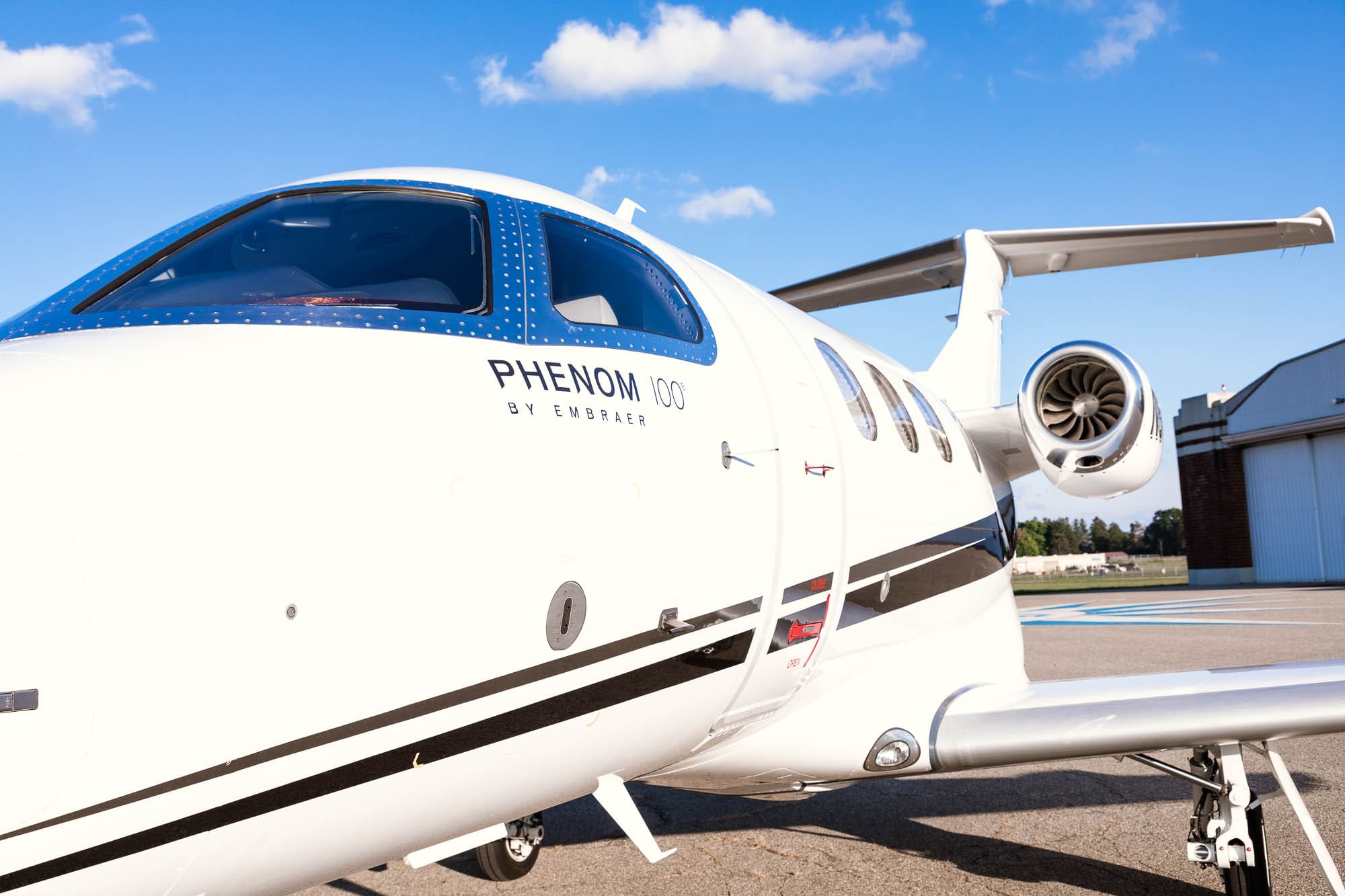The Evolution and Impression Of Private Air Travel: A Complete Evaluat…
페이지 정보

본문
Introduction
Private air travel has undergone important transformation over the past few many years, evolving from an exclusive mode of transport for the elite to a more accessible option for a wider demographic. This article goals to discover the varied sides of private air travel, including its historical context, technological advancements, economic implications, environmental issues, and future traits. By examining these elements, we can gain a deeper understanding of the impression of private aviation on society and the economic system.
Historical Context
The origins of private air travel may be traced again to the early twentieth century, with the arrival of business aviation. Initially, air journey was a luxurious reserved for the wealthy, as solely a handful of individuals might afford to charter flights. The introduction of business jets in the 1960s marked a turning level, allowing corporations and affluent individuals to travel on their own schedules, bypassing the limitations of business airlines. The emergence of companies like Learjet and Gulfstream revolutionized the trade, making private jets synonymous with luxurious and comfort.

Technological Advancements
The technological developments in aviation have played a pivotal position in the growth of private air travel. Trendy aircraft are outfitted with cutting-edge expertise that enhances security, effectivity, and passenger comfort. Improvements comparable to superior avionics, fuel-environment friendly engines, and improved aerodynamics have made private jets sooner and extra dependable. Furthermore, the event of mild jets and turboprops has expanded the market, allowing for shorter flights and private plane travel cost entry to smaller airports that commercial airways do not serve.
Economic Implications
The private aviation trade has vital economic implications, contributing to job creation, tourism, and local economies. In keeping with the Nationwide Enterprise Aviation Affiliation (NBAA), enterprise aviation supports over 1.2 million jobs and generates approximately $150 billion in financial output annually in the United States alone. The accessibility of private air travel has also spurred development in various sectors, including actual estate, hospitality, and tourism, as individuals and businesses can attain distant places shortly and effectively.
Furthermore, private air travel permits corporations to maximise productivity by permitting executives to journey to multiple conferences in a single day, which may lead to elevated profitability. The flexibility to avoid long security traces and flight delays associated with business airlines further enhances the enchantment of private aviation for enterprise travelers.
Environmental Considerations
Whereas private air travel affords quite a few benefits, it isn't without its environmental challenges. The aviation business, together with private jets, contributes significantly to greenhouse gas emissions, elevating issues about its sustainability. Based on a report by the Worldwide Council on Clear Transportation (ICCT), private jets emit more carbon dioxide per passenger mile than commercial airlines, highlighting the need for extra sustainable practices throughout the industry.
In response to these issues, manufacturers are investing in greener applied sciences, resembling electric and hybrid aircraft. Initiatives geared toward enhancing gasoline efficiency and decreasing emissions are also being explored. The adoption of sustainable aviation fuels (SAF) is another promising avenue, as these fuels can reduce lifecycle greenhouse fuel emissions by up to 80% in comparison with traditional jet fuels.
Regulatory Landscape
The regulatory framework governing private air travel is complicated and varies by nation. Within the United States, the Federal Aviation Administration (FAA) oversees the industry, establishing security standards and laws for private aviation. Additionally, international rules, akin to those set by the Worldwide Civil Aviation Organization (ICAO), play a important role in ensuring the safety and efficiency of private air travel globally.
Because the demand for private aviation continues to develop, regulatory bodies are also adapting to address emerging challenges, including safety concerns and environmental impacts. Putting a balance between selling progress within the industry and ensuring safety and environmental duty remains a key focus for regulators.
Future Traits
Trying ahead, several tendencies are more likely to shape the future of private air travel. The rise of on-demand charter providers and fractional possession models has made private aviation more accessible to a broader audience. Corporations like JetSuite, Blade, private plane travel cost and Wheels Up have capitalized on this development by offering versatile booking options and membership programs that cater to various travel wants.
Furthermore, developments in technology, akin to synthetic intelligence and information analytics, private plane travel cost are anticipated to reinforce the customer experience in private aviation. These innovations can streamline operations, enhance flight planning, and personalize providers for passengers. If you loved this article and you would such as to receive additional details relating to Private Plane travel cost kindly check out the page. The combination of digital platforms for booking and managing flights will doubtless change into extra prevalent, making private air travel much more person-friendly.
Moreover, the business could see a shift in the direction of city air mobility (UAM), with the development of electric vertical takeoff and touchdown (eVTOL) aircraft. These autos promise to revolutionize city transportation by offering quick and efficient journey inside cities, alleviating congestion and reducing journey occasions.
Conclusion
Private air travel has developed dramatically over time, transforming from a luxurious for the elite right into a viable choice for a broader audience. Whereas it affords quite a few benefits, together with convenience, time savings, and economic contributions, it also faces challenges related to environmental sustainability and regulatory compliance. Because the business continues to adapt to changing calls for and technological developments, the future of private air travel holds promise for a more accessible and sustainable aviation expertise.
In summary, understanding the multifaceted nature of private air travel is essential for stakeholders, including policymakers, industry leaders, and shoppers. By addressing the challenges and embracing modern options, the private aviation sector can continue to thrive whereas contributing positively to the financial system and society at giant.
- 이전글그리고나는그것을올바르게얻을수없다200 25.07.09
- 다음글The Economics of Private Air Travel: Understanding Costs And Worth 25.07.09

